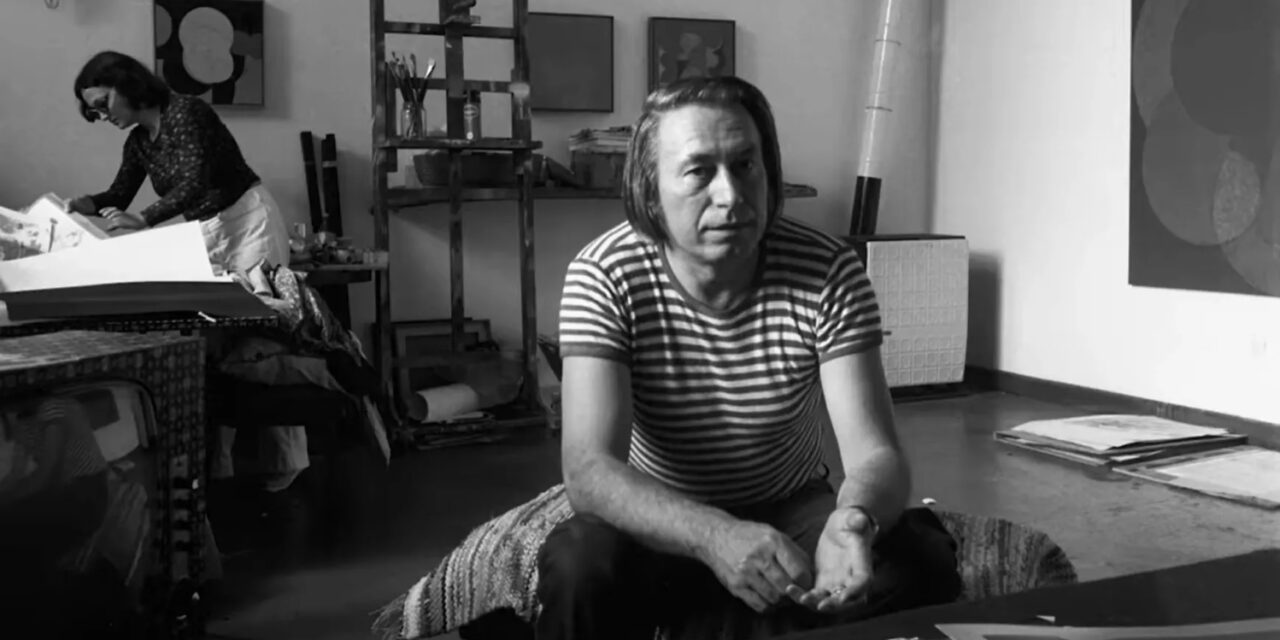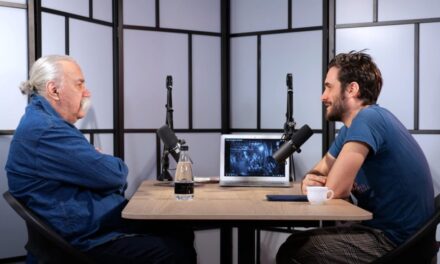Duna is showing a documentary about the resettlement of Hungarians from the highlands.
Through the story of his childhood, visual artist József Baska commemorates thousands of Hungarians who were deported from Czechoslovakia. The film, made with the support of the National Film Institute, will have its television premiere on January 22 at 7:50 p.m. on the Danube.
The displacement of Hungarians from the highlands and its consequences belong to the still unspoken, dark chapters of Hungarian history, and films dealing with the subject were almost completely absent from Hungarian cultural life. Barbara Baska, a graphic artist, cinematographer, and film director, undertook no less than to present the story of her painter father, József Baska, in a documentary with a lyrical tone. In January 1947, the Baska family from Rozsnyo had to flee from deportation to the Sudetenland in one night, on the back of a cart, to Hungary.
"My grandmother never talked about the displacement, but my father always: wrote it down, drew it, painted it. The chariot, being constantly on the road, was a recurring motif of escape. He spoke on behalf of those who were unable to do so due to their traumas, and we continued this path with the documentary. As a creator, I think it is of great importance that the Danube is presented to the public on Hungarian Culture Day"
Barbara Baksa emphasized in the program Libretto of the public media's cultural channel.
Although the political decisions following the Second World War took place almost 80 years ago, the traumas suffered at that time still affect the fate of children and grandchildren.
According to Attila Csáky, the producer of the film Baska Speaks Hungarian, their film presents the serious cataclysm of Hungarian history while also helping the descendants process the tragedy. Can art heal a historical wound inflicted on a generation? Is it possible to set boundaries for homeland, love and art? And what is perhaps the most important: for the next generation after us, are we only passing on our questions, or can they also receive answers from us? These questions are discussed in the historical documentary Baska Speaks Hungarian.
Baska speaks Hungarian - on the Day of Hungarian Culture, January 22 at 7:50 p.m. on the Danube.
Featured image: Facebook/Ma7.sk













